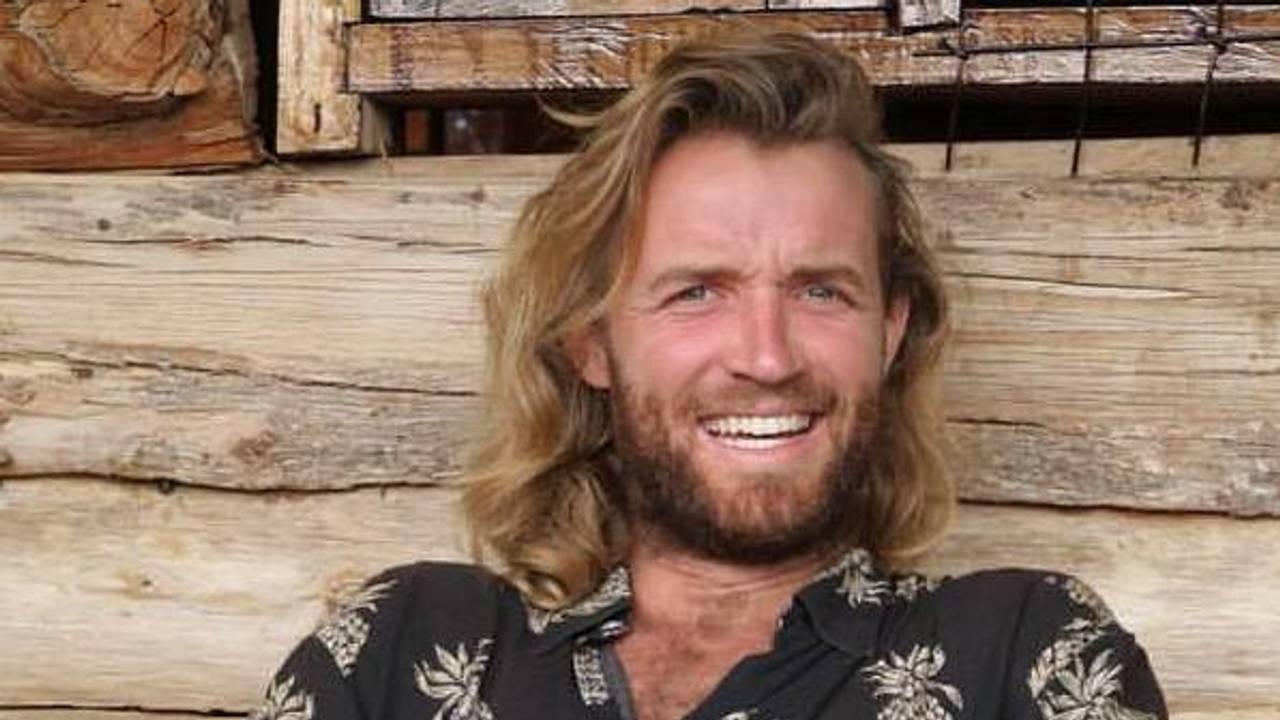Oncologist Helle-Brit Fiebrich cuts through a dilemma no one likes to burn their fingers on. She says: ‘We have to make choices’, otherwise we will pay triple for treatment in less than forty years. And a lot of money goes to treating cancer patients.
For oncologists, the guidelines of the BOM (Assessment of Oncological Medication) committee – part of the Dutch Association of Medical Oncology – are important tools. Helle-Brit: ‘I always watch it. The committee evaluates how effective the drug is, at what price, and also considers possible side effects. The health insurer generally adopts the recommendations of this committee. Whether or not we offer treatment in the Netherlands is a consideration of the BOM committee. I don’t look at whether a treatment is expensive. Money shouldn’t play a role in my consideration. What I take with me is what does it do for my patient and if anyone can still handle the treatment?’
“When you know that the number of people getting cancer is on the rise and the costs of cancer drugs have increased tenfold in the last decade, it’s clear that things need to change.”
According to pharmaceutical companies, cancer drugs are so expensive because of the cost of development. Helle-Brit: ”We know this isn’t always true. A well-known example is softon, a drug that women took in the 1960s for the disease of pregnancy. So it’s been around for years. When it was discovered that it also helps against cancer, the price went up tenfold. There is a demand for that expensive drug. More people get cancer and because the drugs work well, people are living longer and therefore need more drugs. If the patent eventually expires, as it did recently with a prostate cancer remedy, a new and even better drug will soon follow. Indeed at a higher price.
Negotiations
In his inaugural lecture, Gabe Sonke, internist-oncologist and epidemiologist at the AVL, argued for more research on how long you should use a new (expensive) drug and what is the most effective dose. Helle-Brit: ”Pharmaceutical companies investigate whether a drug works and whether it is safe. But we don’t always know how much time you have to give a patient a certain treatment. By doing better research on this, you can save a lot of money. I don’t expect a pharmaceutical company to fund such research.”
Under the name “Sluis” negotiations are now underway between Health Minister Ernst Kuipers and pharmaceutical companies about the price of a new drug. Helle-Brit: ‘We don’t know how much of a difference that makes. One disadvantage is that the medicines arrive later on the Dutch market.”
Make choices
We have to make choices, says Helle-Brit. ”That’s how she gets out of hand. But it is extremely difficult. Not a certain drug for cancer patients often means premature death. You compare that to less money for home care or education. What is worth more? I never heard people in the doctor’s office talking about the price of cancer drugs. Now the elders sometimes say, I don’t need that treatment anymore. It’s tiring and it costs so much money.”


